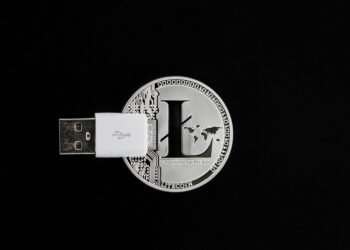Blockchain technology has been disrupting various industries for the past few years, and one area that is experiencing significant transformation is the world of finance. Tokenization, the process of converting assets into digital tokens on a blockchain, is revolutionizing the way we think about asset ownership. This technology has the potential to democratize access to investment opportunities and make financial markets more efficient and transparent.
Traditionally, ownership of assets such as real estate, stocks, and commodities has been limited to a select group of investors who have the means and connections to access these markets. Tokenization changes this by allowing anyone with an internet connection to buy and trade fractional ownership of assets. This opens up investment opportunities to a wider range of people, including those who may not have had access to traditional financial markets before.
One of the key benefits of tokenization is liquidity. By tokenizing assets, owners can easily sell their holdings on a digital marketplace, without the need for intermediaries such as brokers or banks. This can result in faster transactions and lower fees, making investing more accessible and cost-effective for everyone involved.
Additionally, tokenization can increase transparency and security in asset ownership. Since all transactions are recorded on a blockchain, investors can easily track the ownership history of an asset and verify the authenticity of their holdings. This can help reduce fraud and improve trust in the financial system.
Another potential application of tokenization is in the realm of crowdfunding and financing. Startups and small businesses can issue tokens representing equity in their company, allowing investors to support their projects and potentially earn a return on their investment. This can provide a new avenue for entrepreneurial ventures to raise capital and grow their businesses.
However, there are still challenges to overcome before tokenization can truly revolutionize asset ownership. Regulatory compliance, scalability, and interoperability between different blockchain networks are all hurdles that need to be addressed for widespread adoption of tokenized assets.
Despite these challenges, the future of finance looks bright with the rise of tokenization. As more investors and businesses embrace this technology, we can expect to see greater financial inclusion, efficiency, and transparency in the markets. The potential for tokenization to reshape how we think about asset ownership is exciting, and we can look forward to a more accessible and democratized financial system in the years to come.








